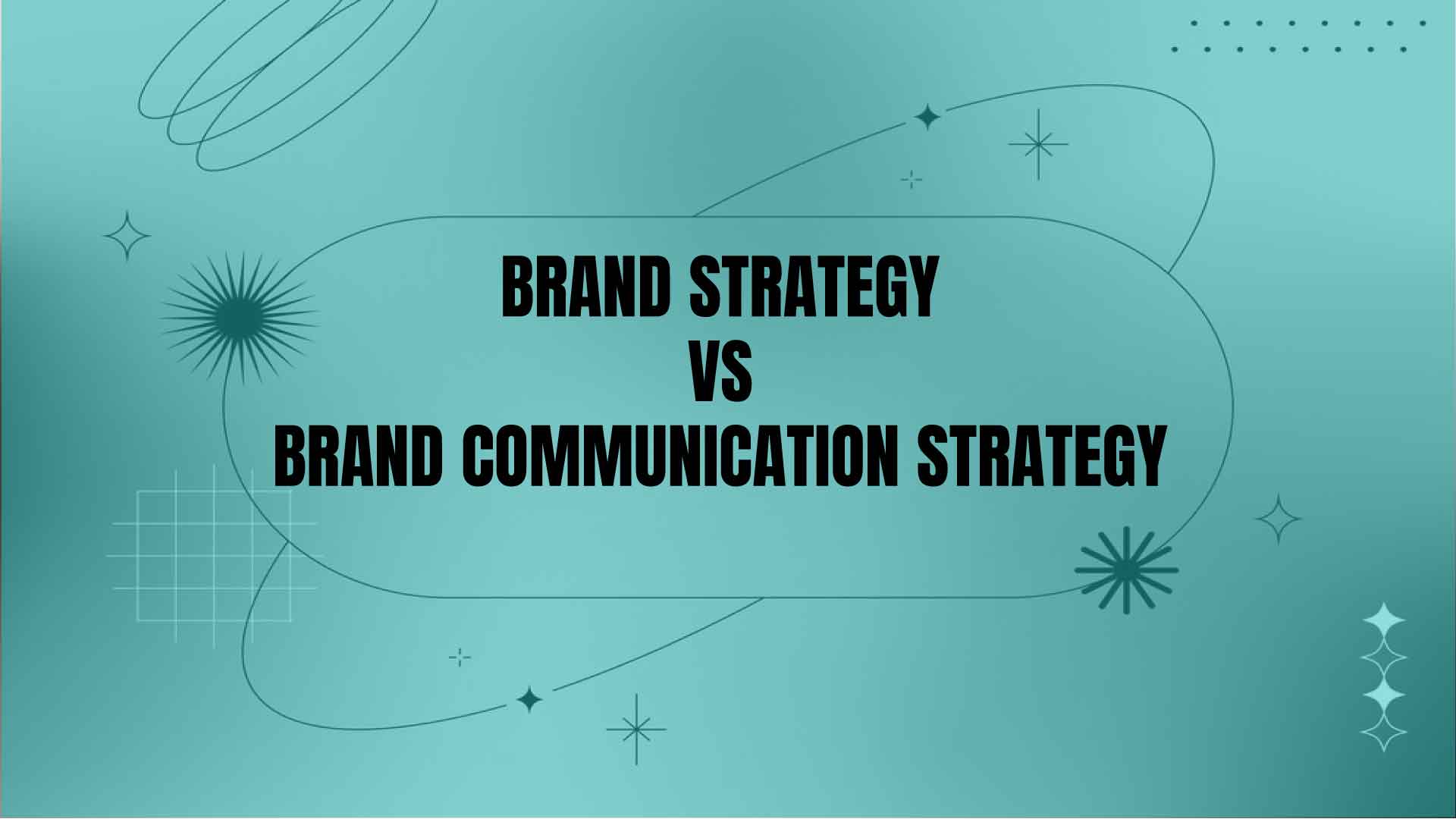In the rapidly evolving market landscape, the pivotal role of brand management extends beyond simple marketing tactics. It involves a comprehensive strategy for nurturing a brand’s identity, ensuring consistency, and adapting to the changing preferences and expectations of consumers.
This complex process is crucial for any business aiming to maintain relevance, achieve sustainable growth, and foster customer loyalty. Here’s an in-depth look at the significance of brand management and its multifaceted impact on a business.
Building and Maintaining a Strong Brand Identity

Brand identity is the cornerstone of any business, encompassing visual elements, core values, and the overall message conveyed to consumers. Effective brand management ensures that this identity is consistent and resonant across all touchpoints, which is vital for establishing recognition and trust.
- Consistency: Uniformity in brand presentation helps to reinforce brand recognition and facilitates a stronger emotional connection with the audience.
- Differentiation: A distinct brand identity helps a business stand out in a saturated market, offering clear reasons for consumers to choose one brand over another.
Enhancing Brand Loyalty
Brand loyalty is not merely about repeat business; it’s about creating advocates out of customers. Effective brand management fosters a deep loyalty that drives word-of-mouth promotion and organic growth.
- Customer Retention: Loyal customers provide a steady stream of revenue and are less sensitive to price changes compared to new customers.
- Advocacy: Enthusiastic customers act as brand ambassadors, sharing their positive experiences with others and thus extending the brand’s reach without additional marketing costs.
Adapting to Market Changes
In a dynamic marketplace, a brand must remain agile and responsive to remain relevant. Brand management involves not only tracking trends but also anticipating market shifts to keep the brand aligned with customer expectations.
- Relevance: Continuous updates and innovations in brand strategy ensure ongoing relevance in the eyes of consumers.
- Proactive Change: Effective brand management anticipates changes in consumer behavior and market conditions, allowing a brand to pivot quickly and maintain its competitive edge.
Supporting Marketing and Advertising Efforts

A coherent brand management strategy enhances the efficacy of marketing campaigns. When all marketing activities are aligned under a unified brand strategy, they resonate more powerfully with the target audience.
- Strategic Alignment: Ensures that all marketing efforts are not only consistent but also strategically oriented towards common business objectives.
- Increased Effectiveness: Campaigns built on a strong brand foundation are more likely to succeed because they amplify a familiar and trusted message.
Maximizing Financial Value
The financial implications of brand management are profound. A well-managed brand can significantly enhance a company’s valuation through increased customer loyalty, higher price points, and better investment attractiveness.
- Brand Equity: Strong brand management increases brand equity, which refers to the value premium that a company generates from a product with a recognizable name when compared to a generic equivalent.
- Market Share: Brands that are effectively managed often command larger market shares, as they are preferred by consumers over competitors.
Crisis Management
Brand management plays a critical role in crisis situations. A strong, well-managed brand can weather storms more effectively, maintaining customer trust even in challenging times.
- Trust and Credibility: In times of crisis, a trusted brand is more likely to retain customer support.
- Quick Recovery: Effective brand management facilitates quicker recovery from crises by leveraging established customer relationships and brand loyalty.
Global Brand Consistency
For businesses operating on a global scale, maintaining brand consistency across diverse markets is challenging but crucial. Effective global brand management ensures that the brand resonates with different cultures and demographics while maintaining a cohesive global identity.
- Cultural Adaptation: Adapting brand messages to fit different cultural contexts without losing the overarching brand identity.
- Unified Brand Experience: Ensuring that customers receive a consistent brand experience, whether they are interacting with the brand in New York or New Delhi.
Conclusion
The strategic importance of brand management cannot be overstated. It encompasses every aspect of a business’s interaction with its customers and the broader market. From building a resilient brand identity and enhancing customer loyalty to maximizing financial returns and effectively navigating crises, brand management is integral to long-term business success and sustainability. LEARN HERE ABOUT BRAND AND BUSINESS DIFFERENCIATION











